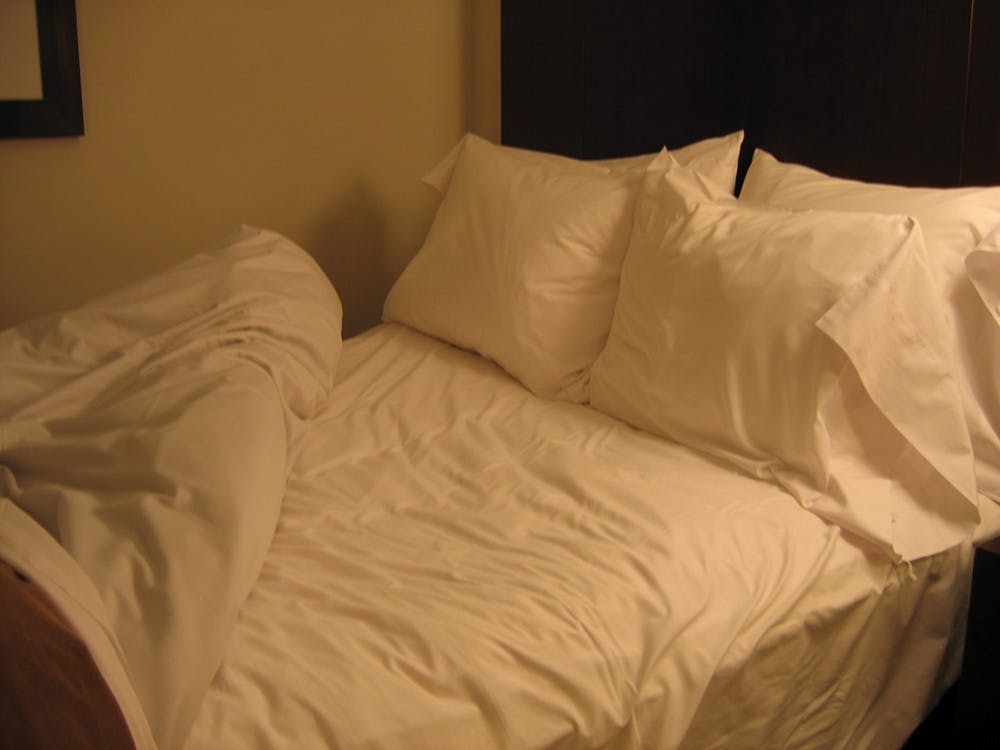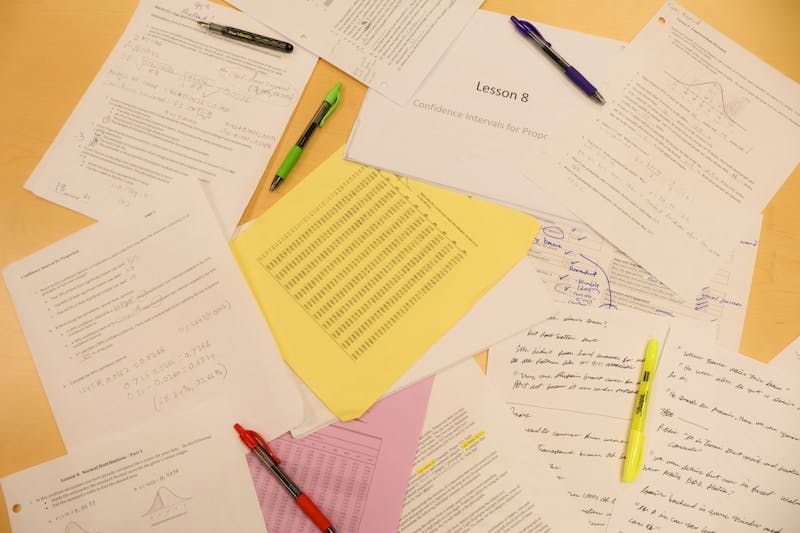It is the time of the semester when midterm exams, essays and projects fill student’s agenda books and you may begin to panic. Late-night study sessions seem like a worthwhile route for time-crunched college students.
It might seem like a good idea; cram as much information in over-night and study right up to the morning exam. But do not be that person.
Dr. Philip Alapat, medical director at Harris Health Sleep Disorders Center, said in a Harris health article that a person’s memory recall and ability to concentrate are improved when they are rested.
He continued to say that early preparation and memory recall increases positive performance on exams.
It is a far better idea to study in the days or weeks leading up to the exam, while allowing time for rest, both mental and physical.
A Men’s Health article actually recommends studying before bed. “Long-term memories form when your hippocampus — the part of the brain that helps store short-term memories — communicates with the neocortex — where permanent memories are stored,” Men’s Health reported.
Your brain values information learned before falling asleep as more important, and more memorable, according to the Men’s Health article.
It is easy to take a half-hour before bed each night leading up to the test to study. However, it is not a good idea to study in your bed.
It is said that studying in bed is less effective because your brain associates the bed with sleep. Opposite effects can also occur; doing things not normally associated with a mattress, (eating, surfing the web, studying,) can make the mind find it harder to fall asleep in bed.
These mattress theories do not necessarily apply to everyone and the same goes for study habits.
Studying is an individual endeavor, and some techniques that work for your friends may have a less beneficial effect on you.
For instance, many of my fellow students and friends make flashcards to review material. For me, this technique is useless; I remember things much better when I write and re-write notes in an outline format.
Whatever you do, when it comes to compiling that essay or preparing for that speech, do not panic.
Pick a place with few distractions and leave other distractions behind. If this means turning off a cell phone or leaving it at your residence hall or apartment when you go to the library, do it.
Commit to studying. Allow yourself a specific amount of time to study, and actually study. Make the effort to use your time wisely so that you will not waste it doing nothing.
A big distraction may be studying with friends and roommates.
I recommend studying alone and only group study for one or two sessions to share information you may have missed.
For some people, others surrounding them while they study can be a subconscious motivator. Do what works for you.
Stagger the hours you study.
Do not wait until the last minute and spend six hours in DHC staring at notes.
Who has six straight hours to study as a college student anyway?
Let your mind have downtime to process the information and practice memory recall.
Lastly, get a good night‘s sleep before the test. If you are well rested, your mind will be better prepared to use the memories stored, and you should be calmer to pencil down the answers to get that “A”.



The Slate welcomes thoughtful discussion on all of our stories, but please keep comments civil and on-topic. Read our full guidelines here.